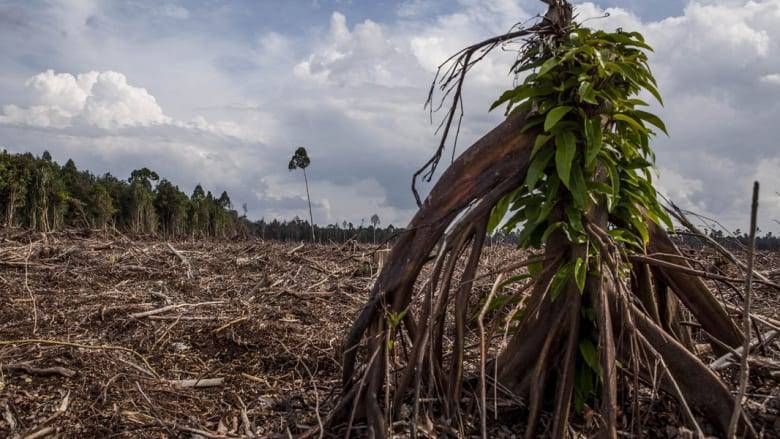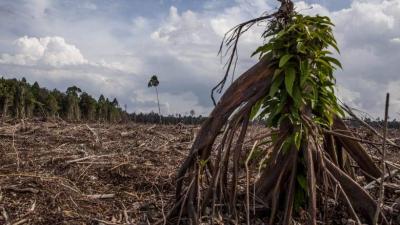There are some direct effects of climate change on health, according to Diarmid Campbell-Lendrum, a leading scientist at the World Health Organization, who explained that sometimes the weather is too hot for a person to remain healthy. Campbell-Lendrum elaborated that climate change leads to rising temperatures, especially in cities, thus anyone with a pre-existing health condition, older individuals, or those suffering from, for example, heart diseases, are unfortunately at higher risk of severe health events during excessively high temperatures, which can sometimes even lead to fatalities in extreme heat conditions. Campbell-Lendrum's comments were made in the context of a televised segment titled "Science in Five," conducted by Vismita Gupta Smith, discussing future scenarios and what individuals can do to address the impacts of climate change.
**Air Pollution**
Furthermore, Campbell-Lendrum noted other environmental impacts of climate change, citing that increasing temperatures and shifts in rainfall patterns in certain parts of the world lead to environmental droughts, drying out forests, which makes severe wildfires more likely and intense. He emphasized that wildfires directly or indirectly result in the deaths of individuals. He stated that wildfires lead to enormous levels of air pollution, which is one of the leading causes of death, indicating that around 7 million people die each year globally due to pollution.
**Infectious Diseases**
Moreover, Campbell-Lendrum indicated that climate change facilitates the transmission of infectious diseases carried by mosquitoes, such as malaria or dengue fever, as well as waterborne diseases, diarrhea, cholera, and others. He pointed out that the ultimate effect of climate change is actually making some parts of the world uninhabitable, either because the climate becomes too dry to sustain agriculture or due to rising sea levels. He added that there have already been cases of islands being submerged, including entire countries, and it is challenging to maintain good health when populations are forced to relocate from their homes.
**Concerning Scenarios**
Campbell-Lendrum stated that some scenarios do not involve good news, as there is already a glimpse of severe consequences underway. He added that the current record temperatures seen worldwide will become the prevailing norm within two decades. He cited the record temperatures Europe is experiencing and heatwaves across Asia, which have directly led to overcrowded hospital visits and, in some historical events, substantial mortality figures, which could unfortunately be part of the scenarios the world may face in the future. In this context, Campbell-Lendrum warned that more countries in the world are becoming suitable for the transmission of malaria or dengue fever, thus they need to keep pace with these repercussions and minimize their losses.
**Two Birds with One Stone**
Campbell-Lendrum recommended the need for developing plans and investing in hospitals, along with training the healthcare workforce to prepare them to protect victims from the impacts of climate change, within a strategy for making health systems resilient in facing climate change effects. He suggested that, in many cases, one could achieve two objectives at once, such as providing renewable energy through solar panels for healthcare facilities, which are more resilient to climate risks, is also cheaper in costs and operation while reducing harmful environmental impacts.
**Good News**
On an individual level, Campbell-Lendrum shared the good news that there is a lot that can be done, which in part includes simply raising awareness of health risks associated with climate change. He emphasized that individuals sensitive to high temperatures for various reasons can protect themselves through hydration, avoiding the sun, and heeding weather warnings. He added that everyone, as individuals, needs to become more climate smart to protect their health primarily.
**Paris Agreement and Government Support**
The second action that can be taken is that many key actions aimed at reducing climate change are beneficial to health. He continued by stating that the Paris Agreement to curb climate change is likely the most important health agreement of this century, because if efforts and plans succeed toward a transition to a clean energy system, or even if individuals are capable of walking or biking to work or school, or improving their diet for sustainability and health. Campbell-Lendrum mentioned that these steps can genuinely be good for the planet and for the health of everyone on earth, advising individuals to support policies and leaders capable of making wise investment decisions that enhance human health while also protecting the planet.




